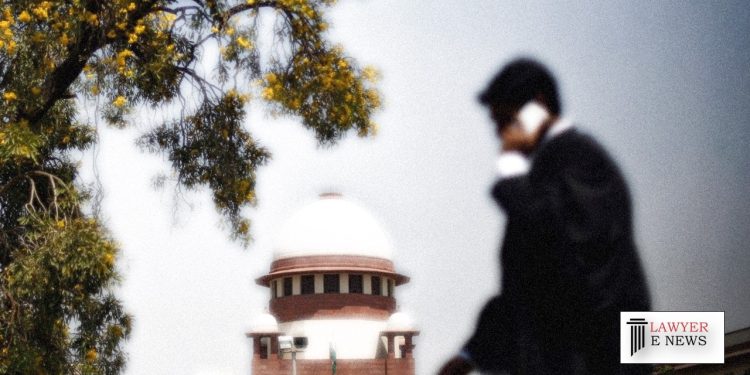Blacklisting of hospitals for unnecessary hysterectomies: Supreme Court orders stringent action by states and UTs

April 2023: In a significant judgement, the Supreme Court of India has directed all the States and Union Territories to adopt the guidelines formulated by the Ministry of Health and Family Welfare (MoHFW) to prevent unnecessary hysterectomies. The judgement was passed in the case of Kawalpreet Kaur v. Union of India, in which the petitioner had sought directions to curb the practice of unnecessary hysterectomies in India.
The Supreme Court of India has directed all states and union territories to adopt guidelines framed by the Ministry of Health and Family Welfare (MoHFW) to prevent unnecessary hysterectomies within three months. The apex court also directed the states and union territories to implement the guidelines without delay and ensure that all public and private hospitals within their jurisdictions are aware of the guidelines’ existence and importance.
The guidelines were framed by the MoHFW in 2022 after reports emerged of unnecessary hysterectomies being performed on women in several states. The court was hearing a public interest litigation (PIL) filed by an NGO, seeking action against such practices.
The court observed that “the guidelines are a necessary first step towards addressing the problem of unnecessary hysterectomies,” and directed the MoHFW to engage with all states and union territories to ensure that the guidelines are adopted expeditiously.
The court also directed the formation of a National Hysterectomy Monitoring Committee, as proposed under the guidelines, within 4 to 6 weeks, and advised the states to expedite the formation of state and district-level committees to properly monitor and supervise the implementation of the guidelines.
The court also directed the states to take stringent action for blacklisting hospitals once it is detected that any unnecessary hysterectomy was carried out or that the procedure was taken recourse to without the informed consent of the patient. Necessary action should be taken in accordance with the law, the court said.
The petitioner had urged the court to extend the requirement of certification by at least two doctors for hysterectomies performed on women below the age of forty years, as mandated by the Ayushman Bharat Pradhan Mantri Jan Arogya Yojana, to other cases as well. However, the court accepted the submission of the Additional Solicitor General that a considered decision will be taken by the Union of India once adequate data is available.
Kawalpreet Kaur v. Union of India






